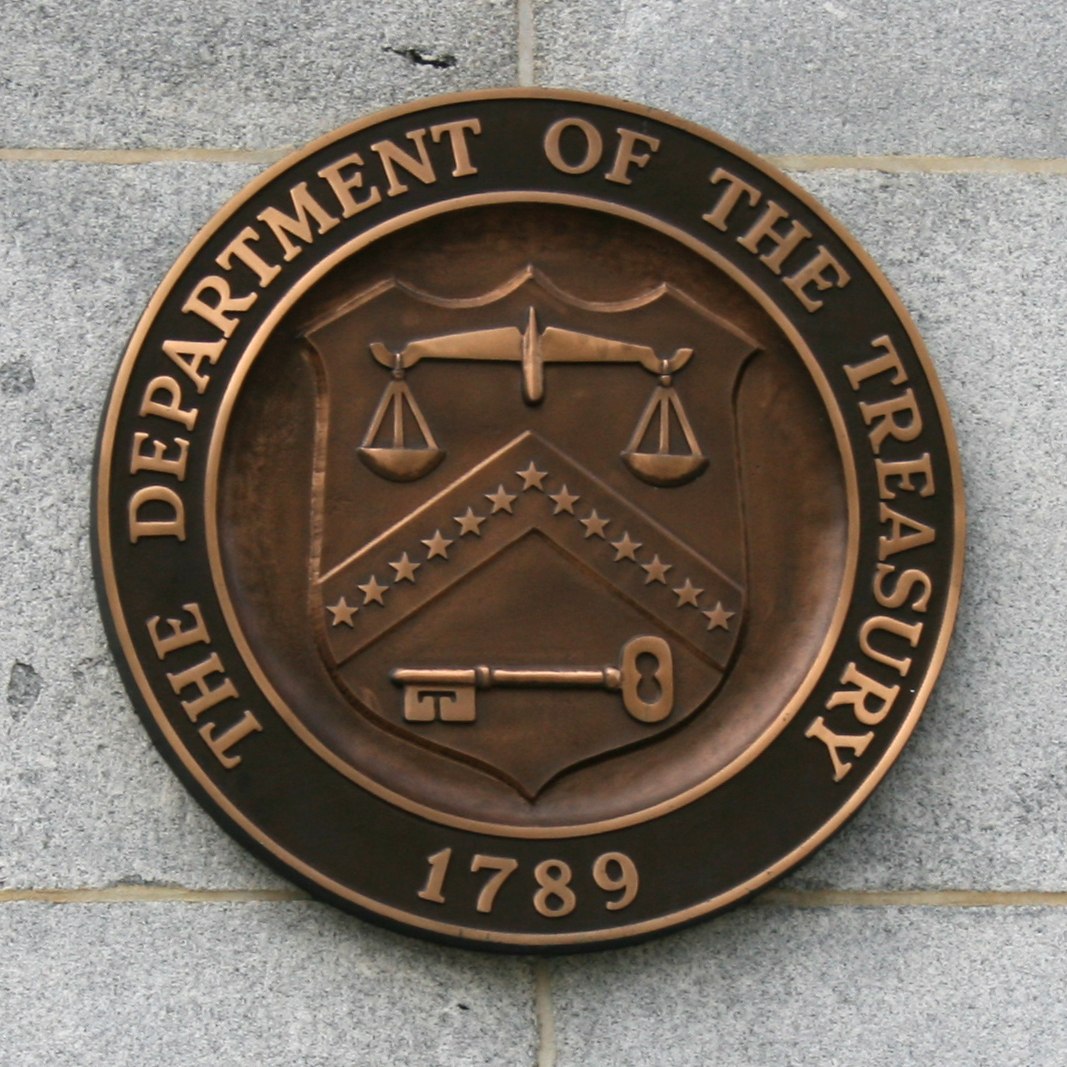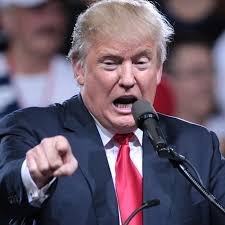(NPR) What actions can be taken against Russia for allegedly interfering in the 2016 election?
Siegel: Professor Kimberly Marten of Barnard College is a scholar of U.S.-Russia relations, and she joins us now. Welcome to the program once again. What effect do you expect these sanctions would have on Russia?
Marten: Well, it's not clear they'll have any immediate effect, but they might have some long-term consequences. The first is that the U.S. is willing to attribute these attacks directly to the Russian state. And that sends a message to U.S. allies, including France and Germany, who are afraid that they will have similar things happen with their own elections, and the OSCE, the Organization for Security and Cooperation in Europe, where it was just announced that Fancy Bear, the GRU, was also probably responsible for attacking there. It sort of sets a precedent that means that we can take action that's not just us alone but others, as well. Another important thing to think about is that this might lead up to cooperation because similar threats made against China in 2015 when attribution was made to China and then sanctions were threatened actually led to an agreement to stop cyber-hacking that a lot of experts believe had a significant impact on at least decreasing the threat coming from China.
Siegel: Today's executive order names four Russian military intelligence officer, and the Treasury Department also names two men it accuses of cybercrimes. What's the implication of naming individuals?
Marten: Well, I think for the two individuals who were named for having cybercrimes, it takes them from being on the FBI wanted list, where they already were, to putting them under treasury sanctions, which, again, sends a message to allies that additional organizations that are responsible for sanctioning activities in the European Union, for example, can now cooperate on trying to get them turned in. […]
Read or Listen to More © NPR











